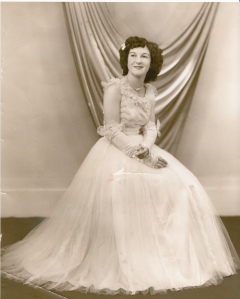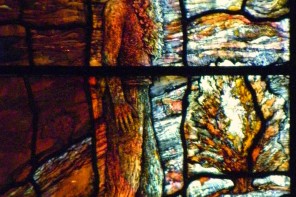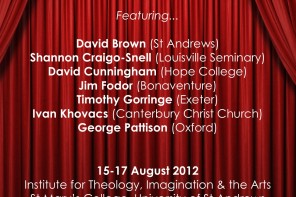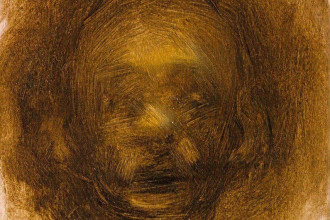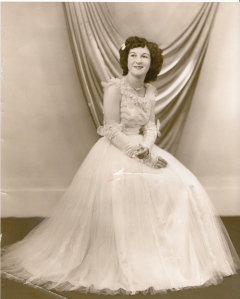 In the past week, I’ve scanned almost 1000 photographs and historical documents. Some of them date back to the turn of the 20th century. They record both the ordinary and the momentous. It’s been a week of cautious curiosity, of tears, and of side splitting laughter. It’s been personal.
In the past week, I’ve scanned almost 1000 photographs and historical documents. Some of them date back to the turn of the 20th century. They record both the ordinary and the momentous. It’s been a week of cautious curiosity, of tears, and of side splitting laughter. It’s been personal.
It’s personal because the many black and white photographs, birth certificates, newspaper clippings, and obituaries, along with the hundreds of colour photographs record the names, dates and lives of members of my family. The one on the left, for example, is of my grandmother at her Debut.
As a researcher (and sometimes historian), I’ve allowed the photos and documents to take me on a journey; one that required some good technology and a whole lot of patience. The project took over 6 full work days. It gave me a lot of time to reflect upon what these photos and documents mean.
I’ve been thinking about history and the way the rise of the photographic medium (and more recently: moving pictures, video streaming and the almost constant flow of news available) have changed the way we think about history and our involvement in its making internationally, every single day. Discovering the incredible story of (recently unearthed) unknown Chicago street photographer Vivian Maier got me thinking further about the extraordinary power of historical images. If you haven’t heard about Vivian, take a look at this video or this Guardian feature. It’s problematic to think of photographs as an infallible medium; just like film or any other journalistic tool, they can be manipulated into presenting a particular kind of picture. This website hosted by Dartmouth gives an extraordinary history of the way photographs have been “tampered with” (their words) since the 18th century.
From a personal perspective, I’ve been reflecting on how these photographs and artifacts link me with my heritage and my family. As I look at this image of my grandfather and great-grandfather, I see the physical similarity with my uncles and cousins, and I see the connection with farming and the land that is my own past and present.

I’ve seen the sense of humour that I’ve known in my grandmother, uncles and aunts, and cousins, reflected in the images which span over a century. In one sense, these documents are personal ephemera, but their value goes beyond the mere record of the personal about whom they confirm details. For me, the connection with the past is more than just sentimentalism or nostalgia, it’s about stories. Stories of hope, of daring, of family, of achievement, of service, of dreams realised. Right now, it’s also about allowing myself to appreciate the life well-lived by the last keeper of the Family archives: my grandmother. It’s been a little about grieving and a lot about being grateful.
I’ve been thinking about the way a photograph changes the way that we remember, or know. There are photographs among the collection of relatives I only knew in their later years, as young vibrant adults photographed in swimsuits or evening wear. There are images of my forebears (those who left Ireland and England to make their home in Australia) in the 19th century whose facial features I can immediately identify as being of a particular familial branch. This is intensely personal, but also in some sense part of a general experience.
Reflecting on the way in which everyone was young once seems trite but it’s made me think about the way in which changes in culture, technology and social media will change the way we remember. Unlike photographs and negatives which can be thrown away in the hopes that no one will see a lesser recorded moment, will something posted on facebook, twitter or that short-lived blog every really disappear? Does it change the way we will remember? Should it change the way we interact and how we use these mediums? Ethically, how does it impact which photographs I choose to post (and tag) of my friends? Is this (un)edited stream of consciousness social networked life really unedited? Should we care about how history will see us? Does being a Christian change the way I think about history, or embarrassing photos? What’s any of this got to do with Truth?
Images: From Author’s own personal collection.

